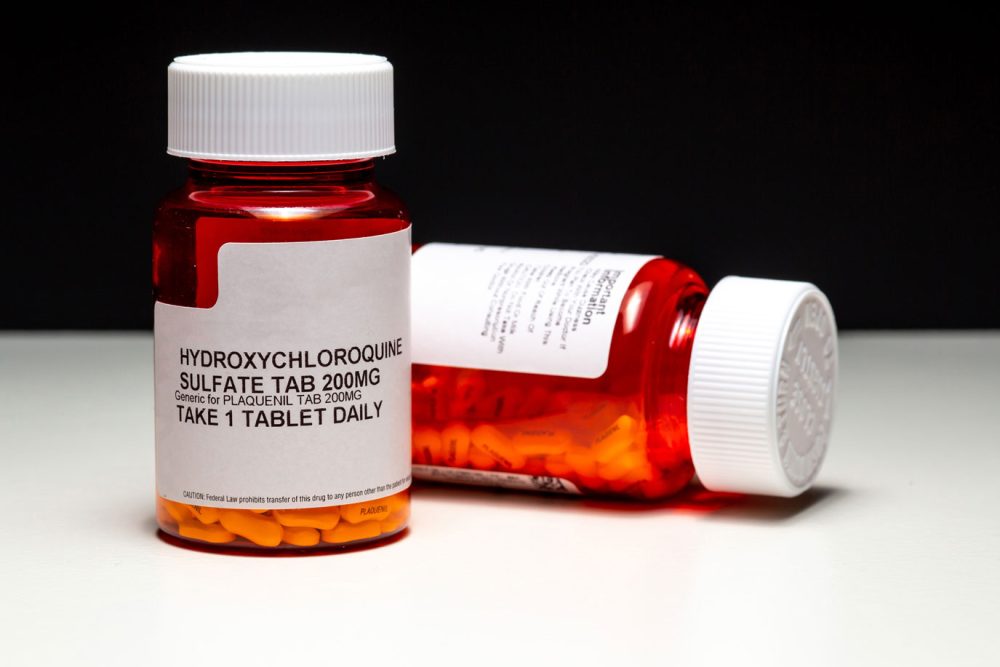Advertisment
Study finds hydroxychloroquine lowers risk of nonalcoholic fatty liver disease in rheumatoid arthritis patients

New research at ACR Convergence 2023, the American College of Rheumatology’s (ACR) annual meeting, shows that treating rheumatoid arthritis with hydroxychloroquine (HCQ) reduced the risk of nonalcoholic fatty liver disease, especially in women and men who are 50 years old and younger (Abstract #0396).
Rheumatoid arthritis (RA) is a systemic autoimmune inflammatory disease marked by chronic joint inflammation leading to joint damage and loss of function. It can also affect tissues and organs outside the joints, including (but not limited to) the eyes, heart, and lungs. Although not a classic complication of RA, nonalcoholic fatty liver disease (NAFLD or MAFLD), is prevalent among RA patients, affecting about 35% of men and 22% of women. Previous research suggested that HCQ might lower the risk, so rheumatologist Hsin-Hua Chen, MD, PhD, and colleagues at Taichung Veterans General Hospital in Taichung City, Tawain, decided to explore the association between HCQ and NAFLD in a nationwide RA cohort.
The researchers drew on population-based claims data from the National Health Insurance Research Database in Taiwan from 2000 to 2020. The study included more than 21,000 patients, with a mean standard deviation age of 51.9, and the ratio of women to men was 3 to 2.
A time-varying, multivariable Cox regression model was used to estimate the adjusted hazard ratios with 95% confidence interval for an association between HCQ and NAFLD, after adjusting for potential confounders. Subgroup analyses looked at patients based on sex and age (men and women younger and older than 50).
The study’s results show that 399 (1.86%) patients developed NAFLD after more than eight years. The study also suggests that taking HCQ was associated with a significantly lower risk of NAFLD, especially in women younger than 50.
Chen says this association may be due to the effect of HCQ on adiponectin, an adipokine inversely linked to insulin resistance, inflammation and NAFLD.
“The mechanism of decreasing the risk of NAFLD by HCQ may be its [ability] to increase adiponectin levels,” Chen says. “Estrogen has been reported to inhibit adiponectin production and estrogens are inversely associated with adiponectin levels. Therefore, the reduced NAFLD risk with HCQ may be more prominent in premenopausal women.”
The study found other common risk factors for NAFLD, including obesity, higher doses of prednisone and nonsteroidal anti-inflammatory drugs (NSAIDs). However, typical risk factors, like diabetes and high cholesterol, were not in this RA cohort. (A smaller study by Wiemer et al. presented at ACR Convergence 2020 did find a high degree of diabetes among RA patients taking HCQ).
Chen says the study’s major limitation is its use of claims data.
“We cannot avoid potential confounding bias or detecting bias. Only a double-blind randomized controlled trial can confirm the effect of hydroxychloroquine on prevention or treatment of NAFLD.”
In the meantime, Chen recommends liver function tests every three months for all RA patients and monthly tests for those taking medications with known potential liver toxicity, such as methotrexate.
This research was funded by Taichung Veterans Hospital and Chiayi Branch, Taichung General Veterans Hospital.





